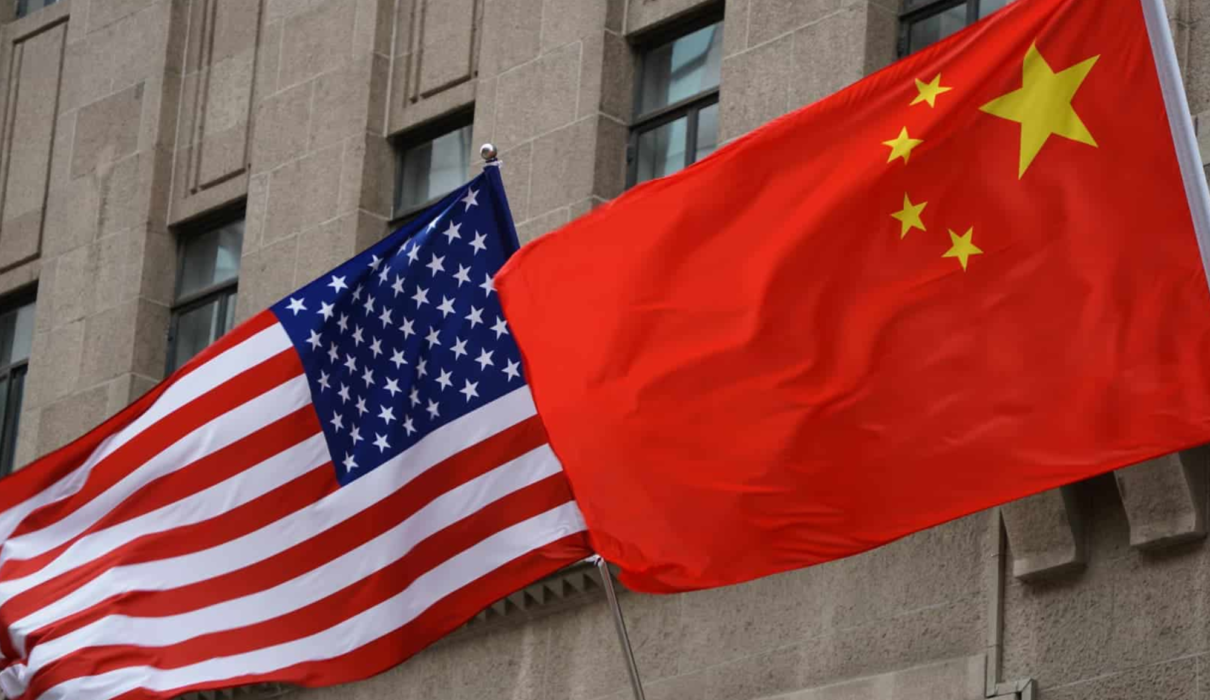The trade dispute between the United States and China has intensified, with Beijing expressing its readiness to confront any form of conflict resulting from recent U.S. tariff hikes. President Donald Trump’s administration increased tariffs on Chinese imports, citing the need to address the flow of fentanyl into the U.S., a claim China disputes.
Chinese Foreign Ministry spokesperson Lin Jian criticized the U.S. for using the fentanyl issue as a pretext for imposing tariffs, asserting that China is prepared to “fight till the end” in any ensuing conflict. He emphasized that intimidation tactics would not succeed against China.
In a retaliatory move, China announced additional tariffs of up to 15% on U.S. agricultural products, including soybeans and pork, effective March 10. This strategy aims to apply political pressure on the U.S. administration by targeting key exports.
These developments occur as China convenes its National People’s Congress, setting a 5% economic growth target for 2025 and increasing defense spending by 7.2%. These actions reflect China’s commitment to self-reliance and its readiness to counter external pressures.

